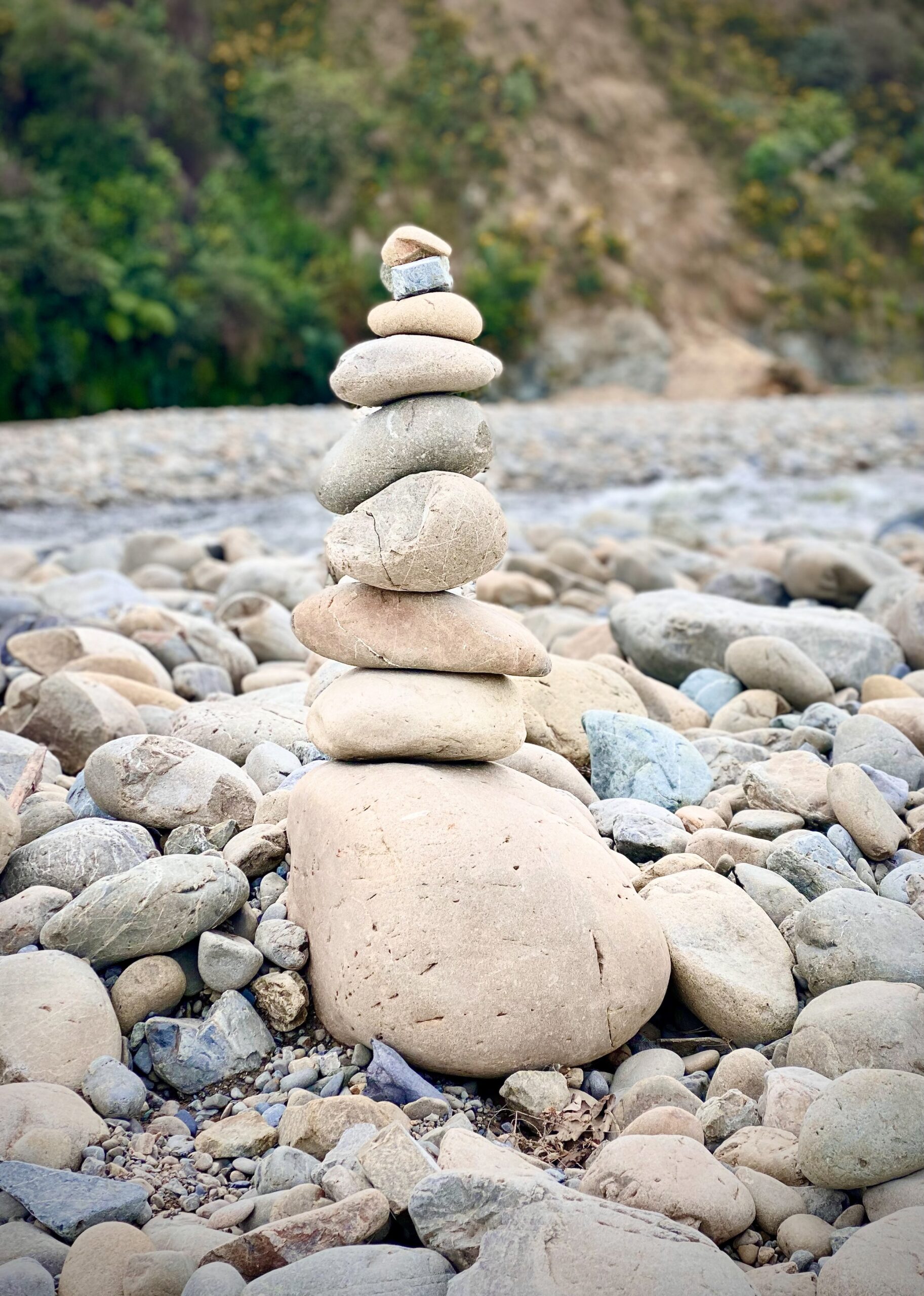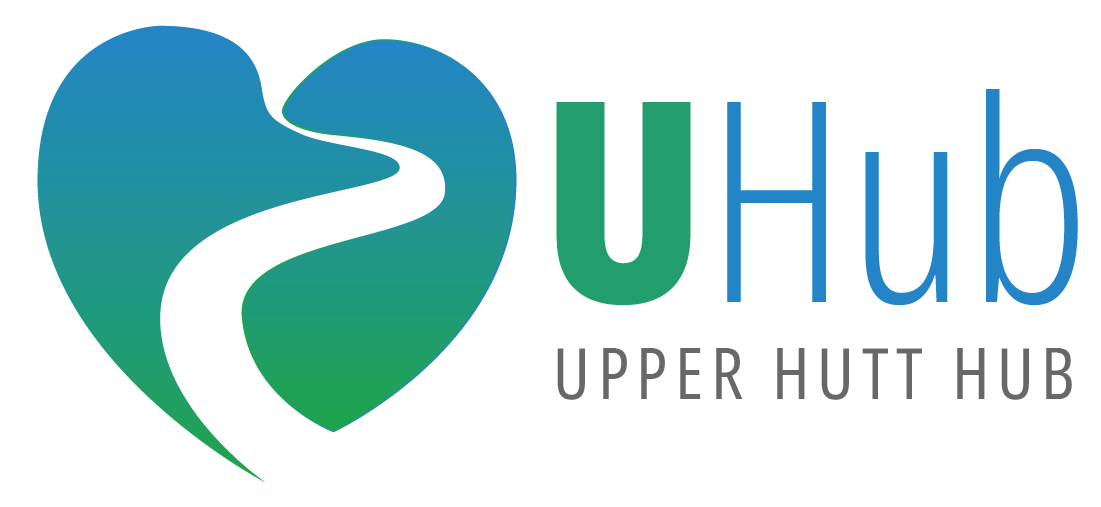The UHub Story
2016
The Upper Hutt Principals Association (principals from the primary, intermediate and secondary schools in Upper Hutt) began to see a significant increase in the complex and diverse learning, behavioural, social and emotional needs of young people across the Upper Hutt school community.
Schools were seeing young people struggling within the schooling system and structure. There were growing numbers of young people who required extra support at school and a limited (and decreasing) amount of specialist resources and support available.
Schools started to ask: what can we do differently as schools and a community?
The Upper Hutt community was also seeing an increase in community issues - increase in youth crime, disengagement, domestic violence and increasing inequality for young people and whānau.
Whānau were asking for support and resources and getting ‘turned away’ or put on long waiting lists. Many of these ‘supports’ were based out of Upper Hutt requiring whānau to leave the community and travel to Lower Hutt, Wellington, Porirua…
In order to better understand the unmet needs of Upper Hutt young people and their whānau, schools collected a snapshot of learning and behaviour data in 2017 (and in 2021 and 2023), (approx 6605 students). Initial data collected identified that 30% of Upper Hutt young people required additional learning, behavioural, social and emotional support on top of what they were receiving at school. In 2021 this % increased again and the latest data from April 2023 shows it has now increased to 35%. Over one third of our young people who require/ deserve further dedicated support, services and resources beyond what a teacher/ school can provide.
These issues aren't just unique to Upper Hutt. Many, if not all communities across the motu are facing similar challenges.

2017
In 2017 schools started deeper conversations across the community. A UHub Working Group started to regularly meet which included Ōrongomai Marae, Upper Hutt City Council, Hutt Valley Women’s Refuge, Life Unlimited (now Your Way Ki oraha), Early Childhood Education (ECE), Resource Teachers: Learning and Behaviour (RTLB), and central government agencies: Ministry of Education, Te Whatu Ora - Child and Adolescent Mental Health/Family Services (CAMHS & ICAFS) and MSD.
This UHub Working Group created an initial idea for an Upper Hutt Community Hub (UHub). A central community hub in Upper Hutt, for Upper Hutt. A place with centralised and dedicated resources so our young people and whānau didn't have to leave Upper Hutt.
2019
In 2019 a new Ministry of Education initiative provided selected clusters of schools throughout New Zealand with Learning Support Coordinators (LSC’s). The LSC role was to support kura in ‘capability-building’, primarily to support kaiako/teachers and to better plan to meet the learning support needs of tamariki. UHub member Schools in Upper Hutt agreed to dedicate four LSCs to allocate one day a week to assist in the ongoing development of the UHub framework (community based engagement and support).
2020
2020 saw the global pandemic, including lock downs and restrictions. During this time communities focused on health, wellbeing and connectedness.
2023
Two Reference Groups were established: One for whānau and one for young people providing insight, voice, perspective, direction
Whānau talked to us about:
- Not being sure where to go or who to ask for support
- Having to tell their story over and over to different people
- Having to go from one place to another to get help or support
- Embarrassment of having to go through some doors (“everyone knows what you are there for”)
- Cost of some places and getting to some places
- That it took so long to get help and get to see some specialists (“even when you finally have the courage to ask and then it takes forever”)
Young people told us:
- It would be great to have one place to go to
- Great to have help for our parents and us
- They told us they worry about their parents not having help sometimes
- The had lots of ideas about UHub, one was having UHub next to a ‘old folks home, as old people don't have much to do and they could talk with us and our parents and help’
We listened and alongside whānau and young people, created a plan to open UHub.
2024
The start of 2024 saw UHub in conversations with UHCC about possible venues to locate UHub. We had explored a space in Main Street and had talked about other possible central locations. It was decided to start UHub in the Learning Centre of the Upper Hutt City Library. The Library is a ‘natural hub’, central and well known. We will continue to explore other possible spaces also. Our ideal is that UHub will be based in one central location - but also be mobile - doing ‘pop ups’ in different suburbs to make it easy for whānau to access (we are in, among and across the community).
Upper Hutt Schools and Resource Teachers of Learning and Behaviour committed to continue to financially support UHub for 2024.
We have begun to approach local businesses to offer them the opportunity to invest in UHub. We were incredibly lucky to have several business commit to support UHub early on. Our dream is local businesses investing in UHub. When young people do well - whānau do well. When whānau do well, the community does well.
Grants were applied for also.
Securing funding for UHub will be ongoing. Our ideal funding plan has four layers:
- Education investment
- Local business investment
- Grants applications
- Community fundraising
On March 25th 2024 UHub was ‘opened’ to the community. It is operating two days a week to start: Mondays 9.30am - 4.30pm and Tuesday 9.30am-12:30pm. We will explore other days and times that suit whānau as we get feedback from them.
Watch this space as the UHub story continues to evolve!
